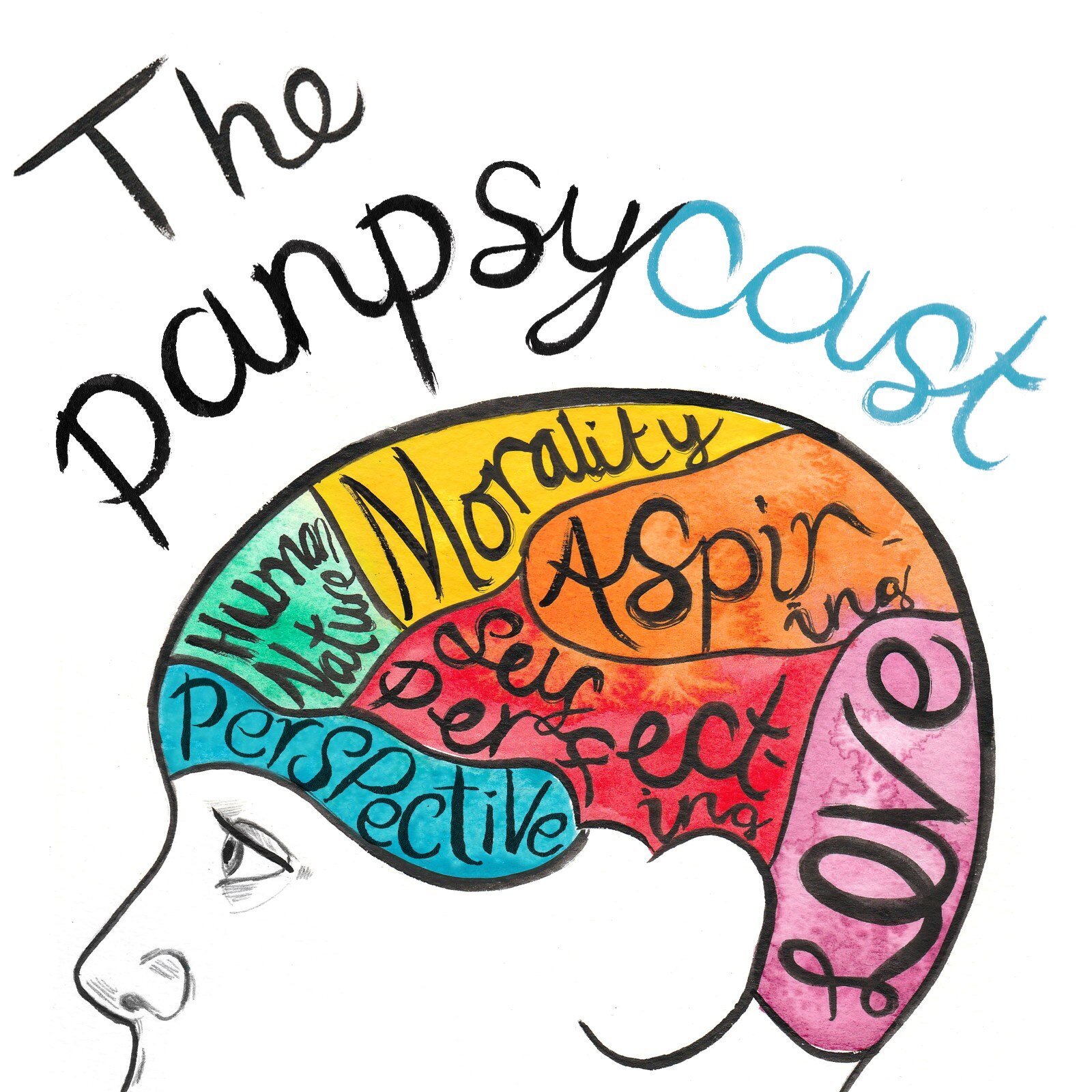Welcome to ‘Episode 113 (Part III of III)’, in which we’ll be analysing Epicurean metaphysics and ethics.
You’re going to a party, but you don’t care if the other guests will like your dress. You pull onto your drive; you don’t consider what your neighbours will think of your car. You sell books that you’ve written, share photographs that you’ve taken, and post your thoughts on the world to any internet user who will listen – yet, you are unmoved and unmotivated by the popularity of your work.
Imagine if you didn’t have to worry about your career, your fame, or wealth. Imagine if you didn’t have to fret about falling in love or maintaining that love once you’ve found it. Imagine never feeling daunted by the fact you’re going to die, and that something may or may not be waiting for you beyond the grave. If you could free yourself from these anxieties, do you think you would be happy? Well, isn’t happiness the goal of life, after all?
According to the Epicureans, we should answer these questions with a resounding ‘yes’. For his followers, Epicurus worked out exactly how we can achieve this state of happiness and tranquillity, and the good news is that it is within reach for all of us. All we need to do is follow one principle: pursue pleasure and avoid pain. It’s just that simple.
The file size is large, please be patient whilst the podcast buffers/downloads/focuses on what is natural and necessaryThis episode is proudly sponsored by Gaston Luga backpacks.
Head over to www.gastonluga.com and get 15% off any purchase with the discount code PANPSYCAST.
Contents
Part I. The Path to Tranquility
Part II. Metaphysics, God, and Death
Part III. Further Analysis and Discussion
Links
Haris Dimitriadis, Epicurus And The Pleasant Life: A Philosophy of Nature
Daniel Klein, Travels with Epicurus: Meditations from a Greek Island on the Pleasures of Old Age
Epicurus and John Strodach, The Art of Happiness
John Sellars, The Fourfold Remedy: Epicurus and the Art of Happiness
James Warren, The Cambridge Companion to Epicureanism
Catherine Wilson, Epicureanism: A Very Short Introduction
Catherine Wilson, The Pleasure Principle: Epicureanism: A Philosophy for Modern Living


